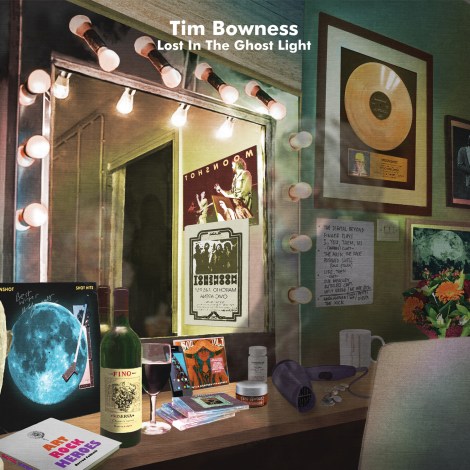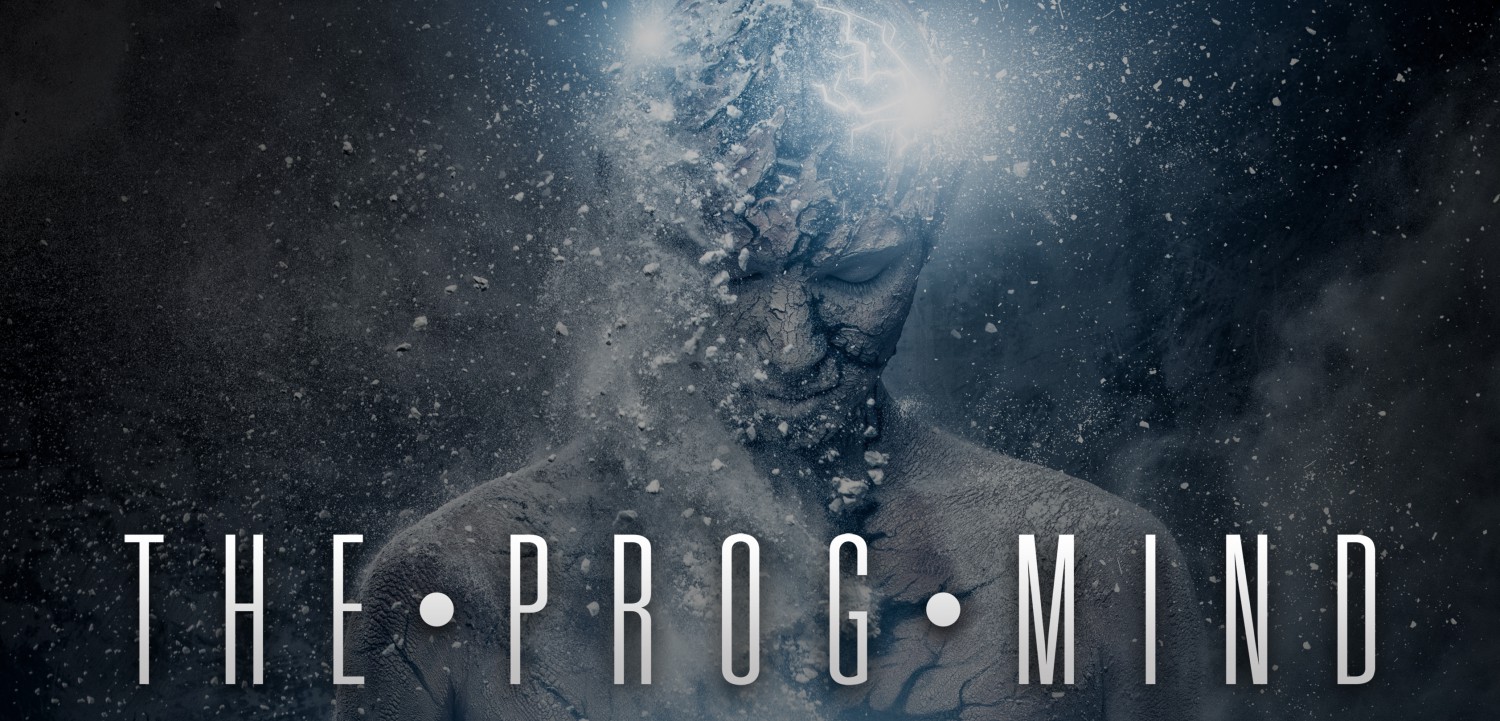

Tim Bowness, long time No-Man collaborator with Steven Wilson, is getting ready to launch another solo album in February 2017. This is his third since 2014, but I believe with “Lost in the Ghost Light” he has reached a sound that is somewhat more interesting and eclectic than he has accomplished in the past. I always get a little excited when I see an album of his appear in my inbox, and this new album does not disappoint my expectations.
When you enter a Bowness album, you know what you can expect: slower pace, delicate melodies, nostalgic and regretful lyrics, and retro keys and synth. This album doesn’t really break that mold, but it takes it further into newer sounds and just plain amazing compositions. So, while his core sound is intact still, he has enlarged his sound both in range and instrumental array.
I’ll come right out and say it, though: This is probably his best album yet. I know he releases albums quite often (at least recently), but somehow this new album is more evocative and more poetic, containing a wider array of instruments and greater distinction between tracks. Flutes, violins, and percussion all make themselves known in a greater way than on any of his previous albums, and the compositions behind this eclectic array are very strong.
Bowness has extremely strong support this time. Tim Bowness himself is on vocals and synths, but he has a core band of Stephen Bennett on keys and guitars; Bruce Soord on guitars; Colin Edwin on bass; and Hux Nettermalm and Andrew Booker on drums. Guests include Ian Anderson, Steve Bingham, and many others; playing everything from flute and violin to specialty bass and waterphone. The performances here are obviously very strong across the board.

Furthermore, “Lost in the Ghost Light” is connected on an intimate lyrical and musical level. The main theme concerns an aging rock star and the effects that the era of streaming and the loss of fame have on his mind. The music, then, relates directly to the assumed age of this rock star, as it throws in plenty of 70’s and 80’s influences. Full of addictive violin, wonderful flute passages, and searing synth, the album just feels fuller and more realized than anything Bowness has done in the past. You can feel the regret, the nostalgia, and the longing for the golden days. Indeed, much of the album reminds me of a 70’s or 80’s soft rock album, which is awesome because I love that stuff.
It’s more than just the theme and the expanded array of instruments, though. Bowness seems to have hit a sweet spot of energy and grace here, as some of the songs really get going unlike anything I’ve heard from him. For example, “Moonshot Manchild” starts out as any other Bowness song about past regrets and behavioral issues, but then it launches into this epic synthy instrumental near the end that will make your thighs tremble and your hair stand on end. The song has suddenly become something more; something ethereal.
I find myself really enjoying some of these songs. “Kill the Pain That’s Killing You” features some very 70’s sounds that are addictive, making the whole track more exciting and almost funky. “Lost in the Ghost Light” is a darker, burning track that feels very eerie and haunted. “You Wanted to Be Seen” might be my favorite track on the album. It climaxes more than the other tracks, with writhing violins and keys that foam to form this beautiful rising melody.
“Lost in the Ghost Light” is a wonderful new offering from Bowness. His heart and soul really went into this, as can be seen throughout the exquisite compositions and the heavy-hearted lyrics. Is Bowness feeling this way? I have no idea how old he is, but his songs are convincing and beautiful. Take a look at this album.
______________________________
Find Tim Bowness online:
Website
Inside Out Music
